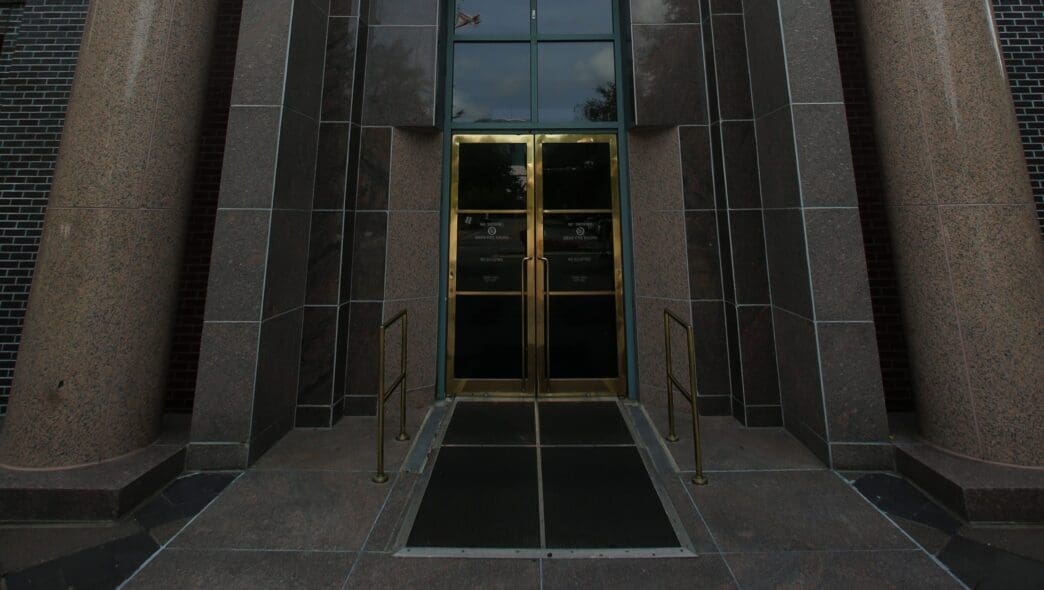Florida is at a crossroads as its State Commission on Ethics holds off action pending a court decision on a contested financial disclosure law. This law, which led to numerous resignations among city and small-town officials over a year ago, is now under judicial scrutiny. The commission debated but ultimately dismissed the idea of negotiating a settlement with the 26 cities and 74 public officials challenging the statute on the grounds of infringing on free speech rights.
A significant aspect of this legal struggle is the blocking of the law’s enforcement by a federal judge following the mass departure of 125 municipal officials who chose resignation over compliance with the new disclosure mandates. These officials were opposed to disclosing detailed financial data, an expansion from the requirements in place for state and county officials for many years.
Commission members expressed concern that should the court rule against them, the state’s entire financial disclosure framework, born out of the 1976 Sunshine Amendment, could be jeopardized. Commissioner Laird Lile, an attorney, emphasized the stakes involved, pointing out that a ruling deeming these disclosures as compelled speech could shake the foundations of financial transparency in Florida.
Despite suggestions to seek a compromise with the challengers for a potential legislative solution, the commission decided against this route with a 6-2 vote. The implemented law requires local officials to file Form 6, a comprehensive declaration of their financial interests, while previously, officials only needed to declare income and business connections without specific amounts.
City officials, particularly from smaller municipalities, have criticized the law as invasive and financially burdensome. William O’Connor, a former council member from Orange City, described the requirement to disclose personal and family assets as a direct threat to personal safety, citing potential exposure to criminal activities such as scamming.
The new law sparked a wave of resignations, momentarily disrupting governance in some communities. Entire councils and mayors from places like North Palm Beach and Reddick vacated their positions due to the heightened disclosure requirements. Meanwhile, a federal judge has impeded the law, with a court date pending. Regardless of the outcome, an appeal is expected, highlighting the law’s contentious nature.
Judge Melissa Damian, choosing to side with the plaintiffs in her injunctive relief, argued that since the law enforced speech, it fell under First Amendment considerations. She indicated the absence of evidence that less restrictive measures had been evaluated by the state to achieve its goals.
As the legal proceedings progress, the Florida Commission on Ethics is keenly aware of the potential ramifications. An adverse ruling could not only impact the contested law but also challenge the integrity of the state’s financial disclosure practices. While the judicial decision looms, Florida continues to navigate this contentious intersection of governance and personal privacy.
Source: News-journalonline








